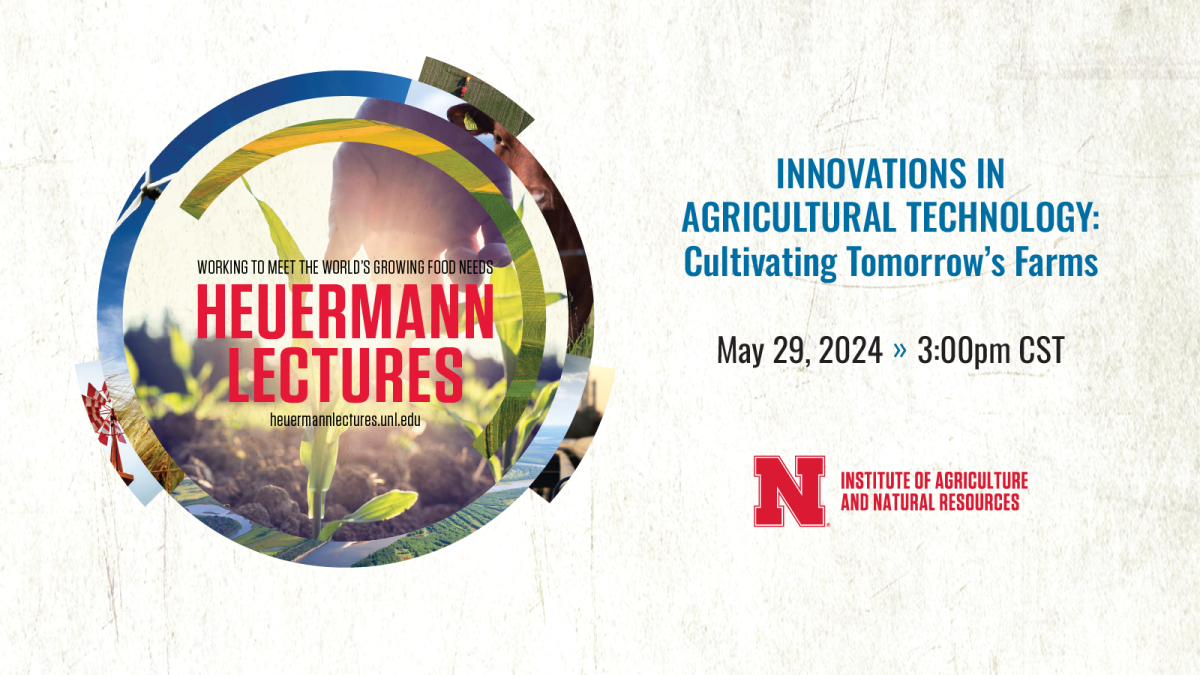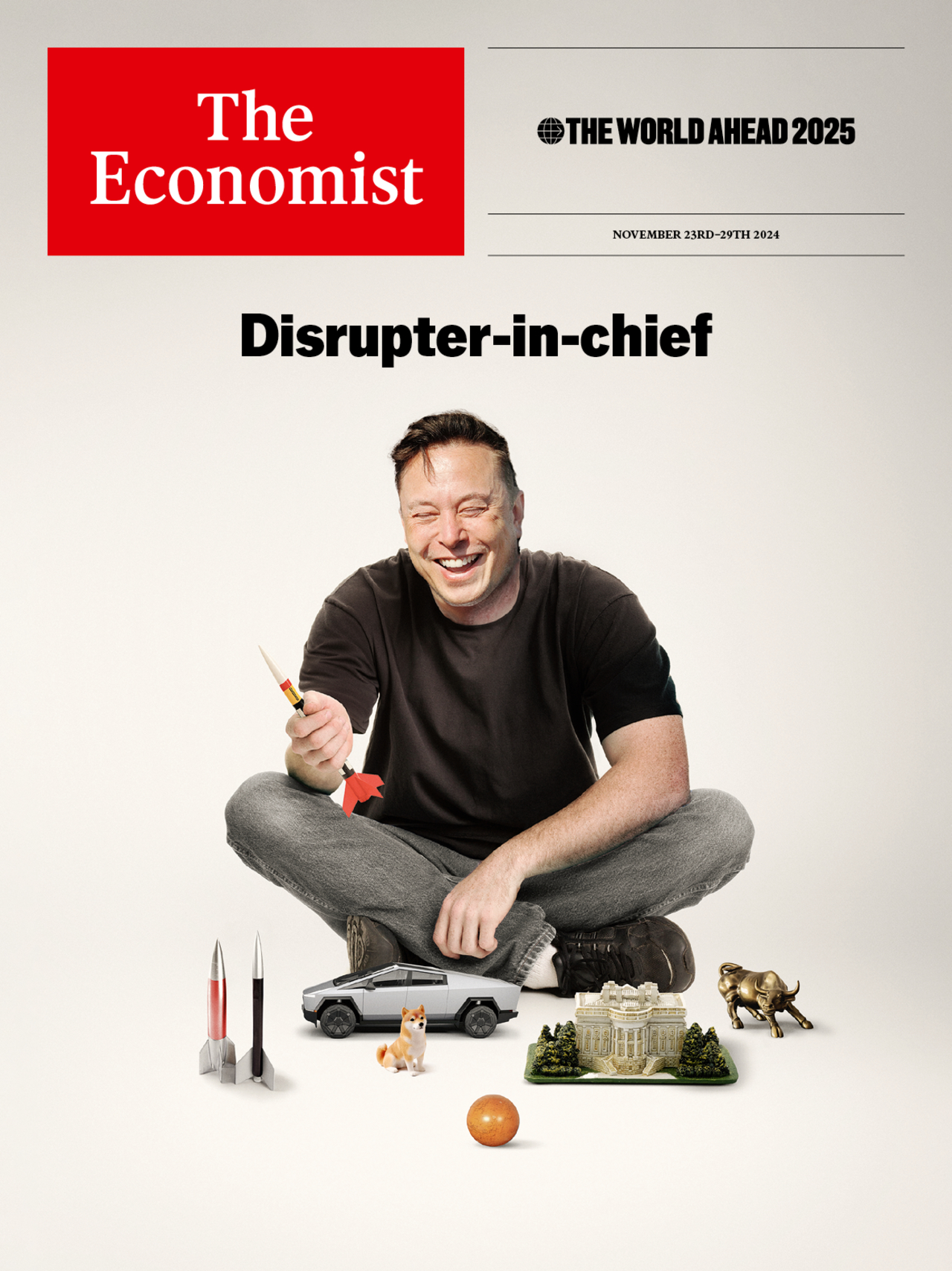
The Dawn of Smart Farming: Innovations at the Forefront of Agricultural Technology
The agricultural sector stands at the cusp of a transformation, harnessing an array of innovative technologies designed to enhance productivity and sustainability in farming practices. On May 29, 2024, Nebraska will host a significant event—the “Innovations in Agricultural Technology: Cultivating Tomorrow’s Farms” symposium—where entrepreneurial spirits and industry experts will come together at the Nebraska Innovation Campus Conference Center to discuss ambitious new solutions that are set to reshape the farms of the future.
 Exploring the innovative future of agriculture.
Exploring the innovative future of agriculture.
A Gathering of Innovators
Kicking off at 3:00 p.m., this symposium promises a wealth of insightful discussions, compelling panels, and essential networking opportunities for participants eager to engage with pioneering leaders from key companies like Grit Road Partners and Invest Nebraska. As participants delve into various fields of agricultural technology, they will uncover how these developments are bridging the gap between current methods and future possibilities.
The event will spotlight a variety of groundbreaking projects spearheaded by dynamic startups that are innovating the entire agricultural landscape. For instance, Marble Technologies is set to leverage AI alongside advanced software and analytics, pioneering the processing facilities of the future. Similarly, Nave Analytics aims to optimize irrigation practices using cutting-edge data-driven solutions, providing a glimpse into the vast potential of precision agriculture.
Business Insights and Technology Roadmapping
This symposium aligns perfectly with the current evolution in technology roadmapping, an approach championed by scholars like Professor Olivier de Weck at MIT, who emphasizes the strategic planning required to reach technological milestones. The practice of technology roadmapping is crucial—it connects existing agricultural practices with innovative future projects, ensuring farmers are prepared with the necessary tools to adapt to new challenges in an ever-evolving marketplace.
As de Weck points out, successful technological advancement does not happen haphazardly; instead, it requires meticulous planning encapsulated in well-structured roadmaps. These tools will be just as critical for the agricultural sector as they have been in aerospace and manufacturing, where structured strategies guide organizations through complex investment landscapes.
Panel Discussions and Networking Opportunities
Throughout the afternoon, there will be a series of panels where innovators from different segments will share their insights on sustainable practices. Highlights include:
- ALA Engineering: Focused on modernizing cattle feeding operations through innovative software and hardware solutions, effectively fostering animal welfare and sustainability.
- Grain Weevil: Aiming to enhance grain safety through cutting-edge robotics.
- Corral Technologies: Focusing on smart tech that revolutionizes livestock management, providing humane solutions while enhancing productivity.
- Sentinel Fertigation: Aiming for precise nutrient delivery to crops through integrated fertilizer and irrigation solutions, maximizing yield while mitigating environmental impacts.
The event will also feature a moderated Q&A session, allowing attendees to engage directly with panelists and discuss the growing potential of agricultural technologies. It is a pivotal opportunity for networking and knowledge exchange in a field that continues to face both challenges and excitement as innovations emerge.
A Commitment to Agriculture’s Future
Mike Boehm, Vice Chancellor of the Institute of Agriculture and Natural Resources, expressed his enthusiasm for the event, stating, “We are thrilled to bring together industry leaders, entrepreneurs, and innovators to explore the transformative potential of agricultural technology. This symposium promises to be a valuable platform for exchanging ideas, fostering collaboration, and charting the course for the future of farming.”
This commitment is vital as the agricultural landscape adapts to shifting consumer demands and environmental challenges. As these innovations unfold, the investment in agricultural technologies not only enhances the efficiency of food production but also enhances the sustainability of farming practices for generations to come.

Innovations are paving the way for smarter farming methods.
In addition to discussion panels, projects will be highlighted that seek to set new directions for future farming. The interplay of high-tech solutions, regulatory dynamics, and consumer expectations create a rich tapestry of opportunities and challenges. As the agricultural sector moves forward, these technologies will play a key role in ensuring productivity continues to rise amid environmental considerations.
Conclusion
As illustrated by international examples in sectors like aerospace and defense, a collaborative approach between industry leaders and academia is vital for developing the frameworks necessary for successful technological advancement. By focusing on innovation and strategic planning, we can foster a sustainable agricultural future that is as rewarding for producers as it is for consumers.
With initiatives like the symposium driving dialogue and discovery, the agricultural industry is poised for a future where technology and sustainability are not just goals—they are realities. Attendees of the event will leave with a renewed sense of purpose and the tools needed to contribute to this ever-evolving industry landscape.
Navigating the future: exploring innovations in agriculture.















